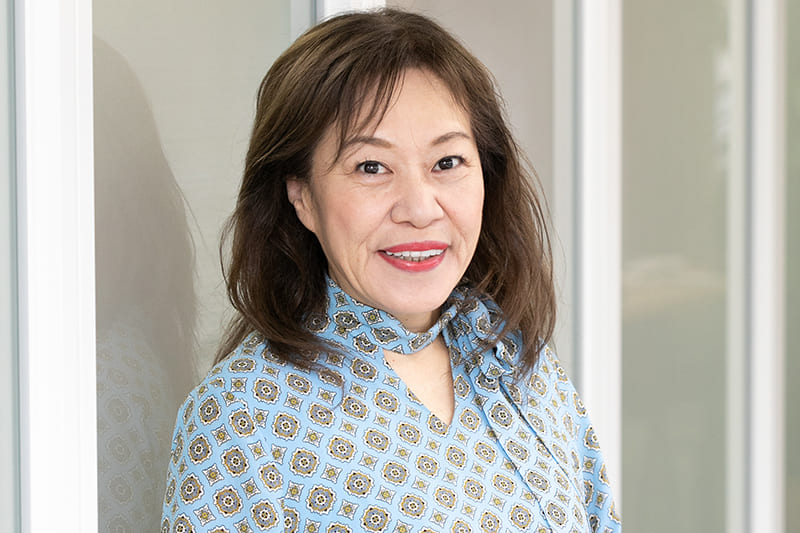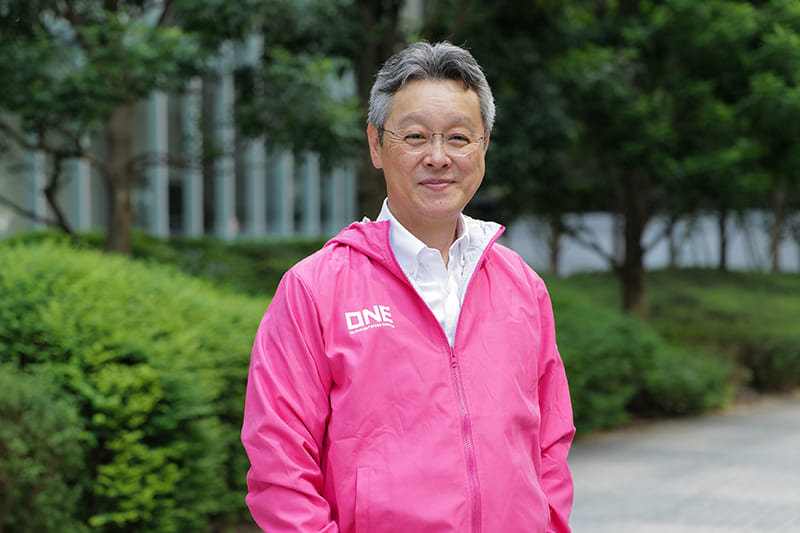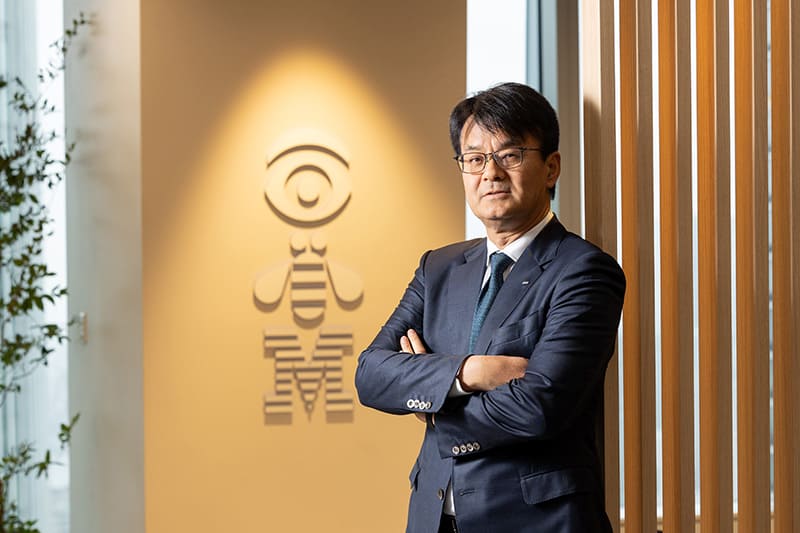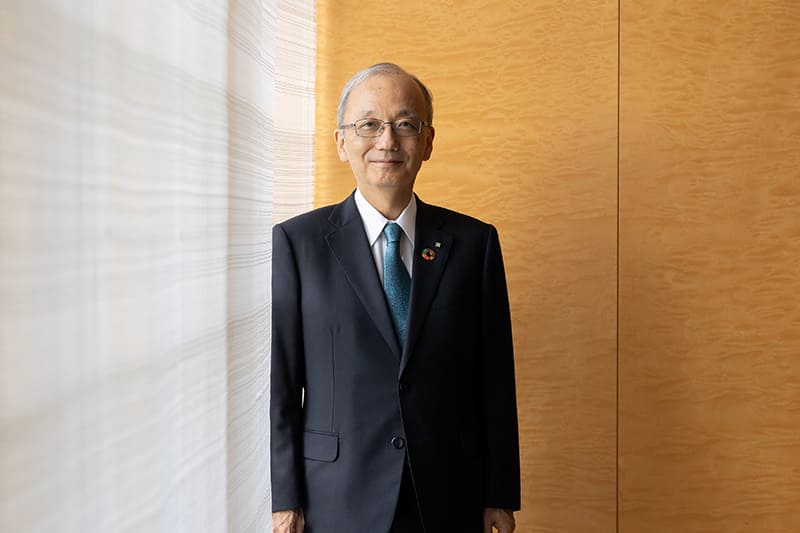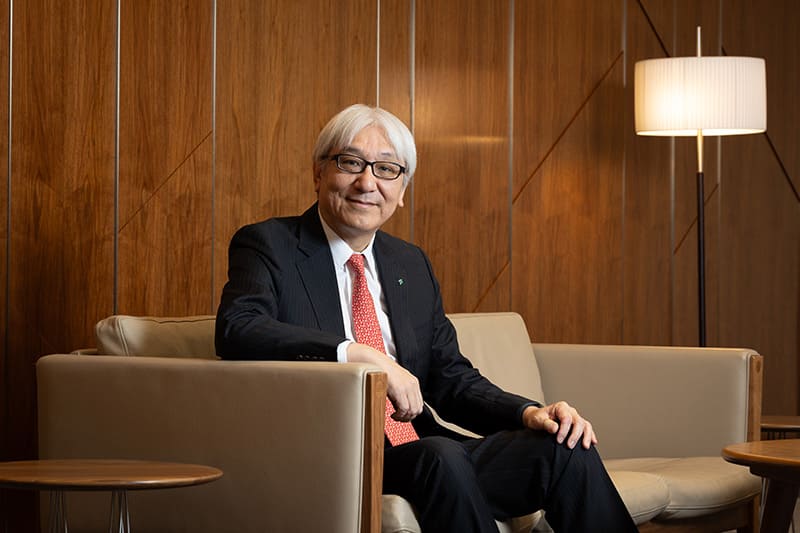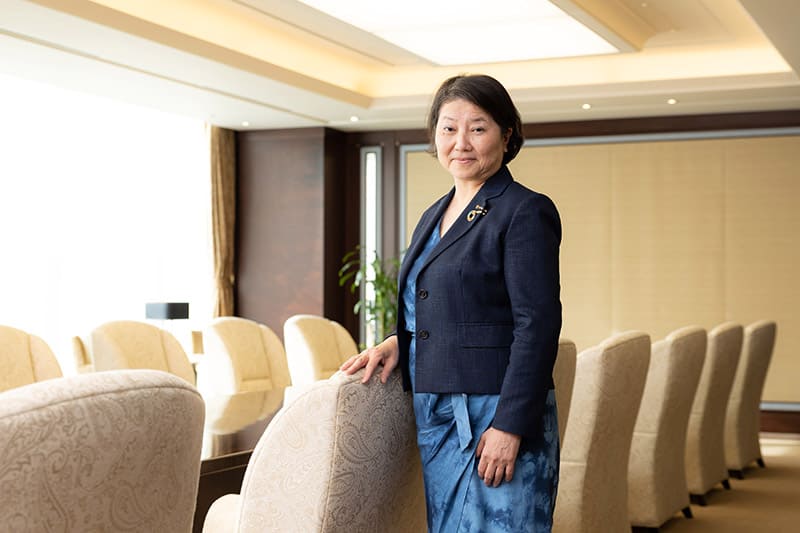September 11, 2023
MFA Inc. speaks for investors to help firms grow better
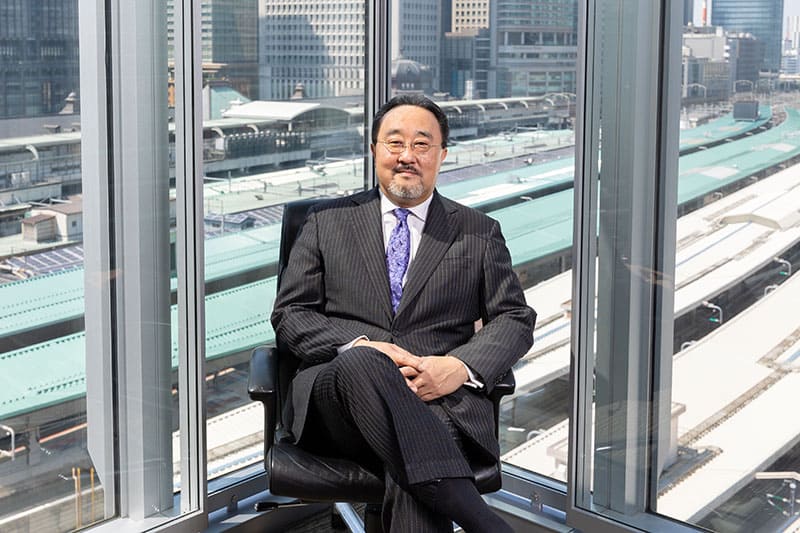
What kinds of dialogue help shareholders maximize the value of companies they invest in?
How to approach investee companies varies depending on the type of investor, especially institutional investors. One extreme type is “activists,” who target quick capital gains. They often force companies to undertake drastic reforms or replace top management to lift stock prices in the short term. The other extreme is “passive investors,” who hold stocks for the long term and generally do not make specific demands, although some have engaged in dialogue in recent years.
There is a gap in the Japanese capital market between these two approaches. “Something must be done to fill the gap. That is the biggest reason for our launching this business,” said Kotaro Ishii, representative director of MFA Inc., in a recent interview, part of a monthly series featuring sustainable Japanese companies by Naonori Kimura, a partner for the consulting firm Industrial Growth Platform Inc. (IGPI).
MFA is a joint venture established in April, owned 36% by Sumitomo Mitsui Trust Bank, 25% by two companies in the CDI consulting group, 20% by IGPI, 15% by Misaki Federation Inc. and 2% each by Bank of Kyoto and Kiraboshi Bank.
MFA carries out ownership engagement activities on behalf of institutional investors and shareholding financial institutions. The new company, which calls itself a “fiduciary agent business,” aims to build a business model that supports publicly traded companies through holding constructive dialogue on behalf of shareholders who understand the importance of such dialogue but lack expertise on the kind of long-term commitments required to improve corporate value. It serves as an agent for engagement but does not itself have voting rights at shareholders meetings.
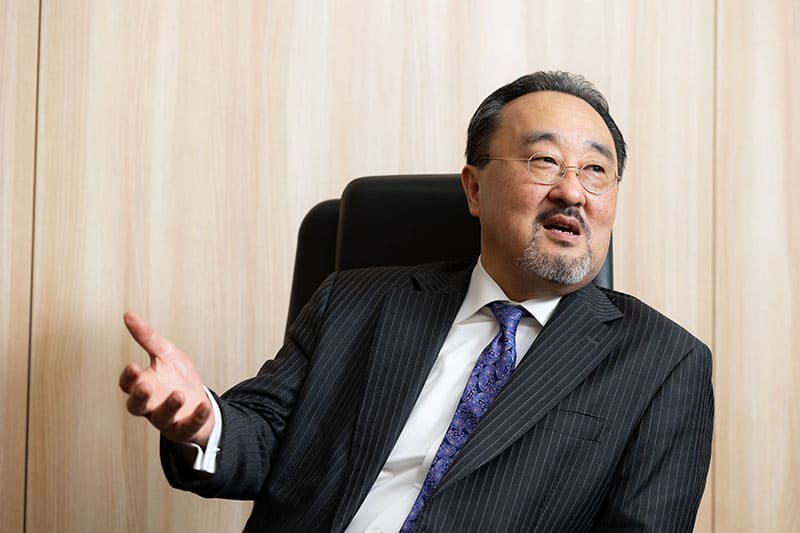
In the future, Ishii hopes MFA will build a business platform that enables it and other companies to take charge of giving hands-on advice for the long-term growth of investee companies.
“Not many shareholders are able to support and encourage their investee companies,” Ishii said. “I believe what is necessary for companies is businesses like MFA that play a role of directing, encouraging and strengthening companies on behalf of financial institutions and institutional investors.”
Ishii said that what Japanese companies need to regain competitiveness is a business environment that helps them develop creatively and take bold action to start new areas of business. “Otherwise, Japan won’t be able to see new companies that can thrive and revive the economic power in the next generation,” he said.
His comment comes from concern over the country’s economic future and listed companies’ failure to attract investors in the capital market. Japan has experienced a long period of economic stagnation and deflation, with experts calling the last three decades its “lost decades.” Many former blue-chip Japanese companies slipped out of the world’s top lists during that time. On the other hand, in the Japanese stock market, many companies have been undervalued partly because their profitability and capital efficiency have remained low, or they have not fully disclosed how they utilize their capital. The Tokyo Stock Exchange warned on March 31 that half of the listed companies on the Prime market and about 60% of those on the Standard market showed a “price book-value ratio” (PBR) under 1.0, meaning their share price was below its liquidation value. According to MFA, the share prices of about 1,800 firms — more than half of the country’s listed companies — have a PBR under 1.0.
MFA said its business aims to boost Japanese companies’ growth potential so they can attract more investment and activate the capital market. Its engagement for investee companies will be done not from a specific shareholder standpoint but from a “multi-stakeholder perspective,” understanding investee companies’ top management and at the same time maintaining an objective perspective. To get support from stakeholders, MFA also backs companies’ disclosure of strategies that will lead to economic and social value, it said.
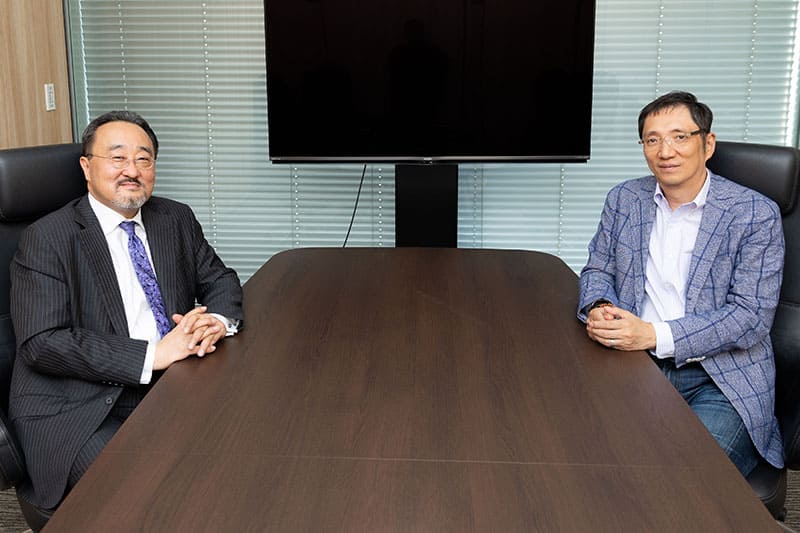
The importance of engagement activities — institutional investors’ dialogues with investee companies to improve business management and corporate value so they can achieve sustainable growth — has gained focus in Japan in recent years, following a series of capital market reforms.
The Financial Services Agency set forth in 2014 the Stewardship Code, principles considered effective for institutional investors who own Japanese-listed stocks to act as responsible investors. The Japanese code was based on a British model established in 2010. In 2015, the Corporate Governance Code — principles contributing to the realization of effective corporate governance — was applied to all companies listed on the Tokyo Stock Exchange.
These reform steps have enhanced the importance of dialogue between companies and their investors. In particular, the process draws attention to a role of institutional investors as “responsible investors” to engage in dialogue that helps companies grow and enhances their value in the medium and long terms.
These steps in the 2010s to review companies’ discipline so they can regain strength followed Japan’s experience of sharp postwar growth and then economic collapse, Ishii said. “The era of postwar reconstruction and the era of fast economic growth (in the 1960s and the 1970s) was a time when we didn’t have to think about what we should do because the economy was doing well,” Ishii continued, explaining that people’s working hard to make products naturally led to the postwar growth. Then the economy enjoyed a boom in stock and land prices in the late 1980s and early 1990s, followed by an economic and financial crash in late 1990s.
“When society entered into the era of uncertainty, it became clear that the country did not have the ability to figure out what we should do next,” he said, adding that this is the biggest issue for the companies and their leaders who experienced the lost decades.
Stock owners, financial institutions and institutional investors are in particular responsible for encouraging companies to find a direction to increase their value amid growing uncertainties in the world, Ishii said.

